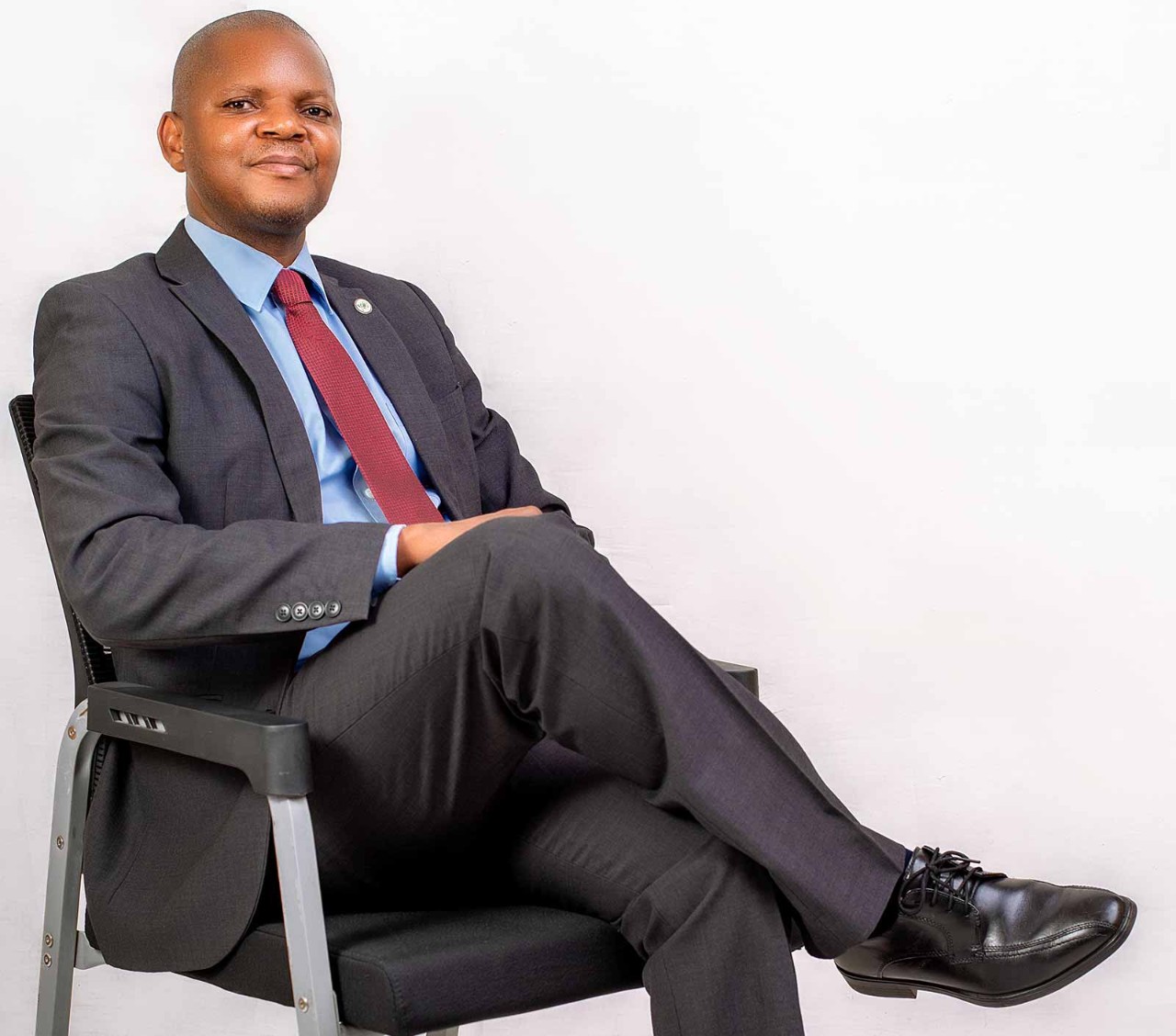
Start-ups and fast-growing businesses are increasingly turning to their CFOs in the search for added value within their organisations. Where once the CFO was left to manage the budgets and focus on controls, ensuring that financial reports were delivered on time, now they are seen as a strategist and business catalyst.
So says Godfrey Byekwaso FCCA, general manager finance at Centenary Rural Development Bank in Uganda. Speaking to AB, he remarks: ‘While CEOs are chief strategists and chief communicators, CFOs need to support them and translate the message about financial performance, managing stakeholders, and aligning financial planning with the strategy.’
Byekwaso was one of the judges at the recent ACCA Uganda/Deloitte CFO awards held in the capital Kampala. The awards highlight the growing importance of CFOs within all organisations – no more so than in the SME sector where they can add real value.
Clear financial reports will help SMEs to access financing from private equity and venture capitalists
Driving efficiencies
‘While SMEs are growing, they need to meet the challenges of limited resources,’ Byekwaso says. ‘CFOs recognise these constraints, and so can demonstrate efficiencies and manage costs while also remaining competitive and continuing to bring in new products.’
Byekwaso says he has seen a marked shift in the CFO’s role towards strategy and ensuring financial performance is linked to it. Norbert Kagoro FCCA, Deloitte’s managing partner in Uganda, agrees. He recalls how, when he first started working as an accountant, his role was seen as more of a support role rather than a business partner. That has now changed.
‘We are the catalysts, enabling the execution of strategy,’ he says. ‘We provide the gel that allows the business to execute its strategy successfully.’
However, he adds that CFOs also have an important stewardship role – one that requires the protection of assets and safeguards shareholder value. ‘We have the ability to create a situation where the goals of the business are achieved while making sure costs are controlled,’ he says.
Kagoro notes that in Uganda SMEs make up more than 70% of the country’s economy, contributing some 20% of GDP. ‘But many do not survive to see their first birthday, and even fewer make it to their fifth year,’ he says.
Sourcing finance
‘However, those that engage a CFO have seen the benefits around resource mobilisation and accelerator programmes.’ And, importantly, he says that insights gained from clear financial reports will help these businesses to access financing from private equity and venture capitalists. ‘It is clear that it is fundamentally important for SMEs to engage a CFO to access this capital.’
'We are the catalysts, enabling the execution of strategy. We provide the gel that allows the business to execute its strategy successfully'
Both Kagoro and Byekwaso believe the CFO is also fundamental in delivering a business’s environmental, social and governance (ESG) agenda. ‘The CFO is the driver of sustainability and so is critical,’ says Byekwaso.
Kagoro adds that CFOs can provide the ESG information that potential investors are looking for: ‘The earlier we plan for this the better, and CFOs can play a critical role,’ he says.
For Fiona Nuwamanya FCCA, CFO of Uganda-based Rocket Health, the role of a CFO in a large organisation can be very clear-cut, but this is not so in a start-up situation. ‘You must be entrepreneurial, like the CEO – a commercial, value-adding business partner,’ she says. ‘You need to be agile and innovative.’
Nuwamanya experienced this first-hand at Rocket Health, which was the first company to bring ‘telemedicine’ to Uganda (see also Telehealth trailblazer). ‘Sometimes things can change overnight. We saw this at the start of the pandemic at Rocket Health when we went from dealing with 10 clients a day to more than 100.’
Agile and innovative
This sudden surge in business meant that Rocket Health needed to move quickly, but without bleeding cash, Nuwamanya says. ‘How should we handle pricing, and how do we keep a close eye on the financial and accounting side of things at the same time? How do we make sure we have funds available, or if we will need additional fundraising? These are not things we learn at school.’
By combining their financial role with an entrepreneurial edge, a CFO can help a business not just survive but thrive
She adds that a CFO in a start-up operation will be learning every day, facing different scenarios and evaluating different options. ‘You need to have a very open mindset and be able to come up with innovative solutions,’ she says.
‘CFOs can play a huge role in SMEs,’ agrees Tony Otoa, executive director of Stanbic Business Incubator in Uganda and a speaker at the Uganda CFO awards. ‘They can help shape future business goals and strategy.’ The Covid-19 pandemic has, he says, revealed those that were in good financial health before the Ugandan economy locked down were the ones that survived.
High-pressured role
‘CEOs needed their CFOs more than any other person in the organisation,’ he says. ‘But this creates additional pressure on the CFO – as the role begins to expand, they become the architects of business value.’
Otoa points to the CFO’s increasing responsibility in areas such as technology, human resources and change management. ‘The CFO needs to have a helicopter view of all these areas.’
Otoa notes that Uganda is often cited as one of the most entrepreneurial countries in Africa, if not globally, but he reiterates that the vast majority of start-up businesses do not survive longer than a year.
‘Many entrepreneurs fail to understand how to run a business,’ he says. And this is how the CFO can add immediate value. They understand the importance of cash management and access to finance. As he says: ‘Attractive businesses can access attractive money.’
And this perhaps is where the real value of a CFO lies – by combining their financial role with an entrepreneurial edge, they can help businesses to not just survive, but to thrive.
As Byekwaso says: ‘The CFO’s role has changed tremendously – they drive and add value, and create the right support and environment to drive sustainability.’


